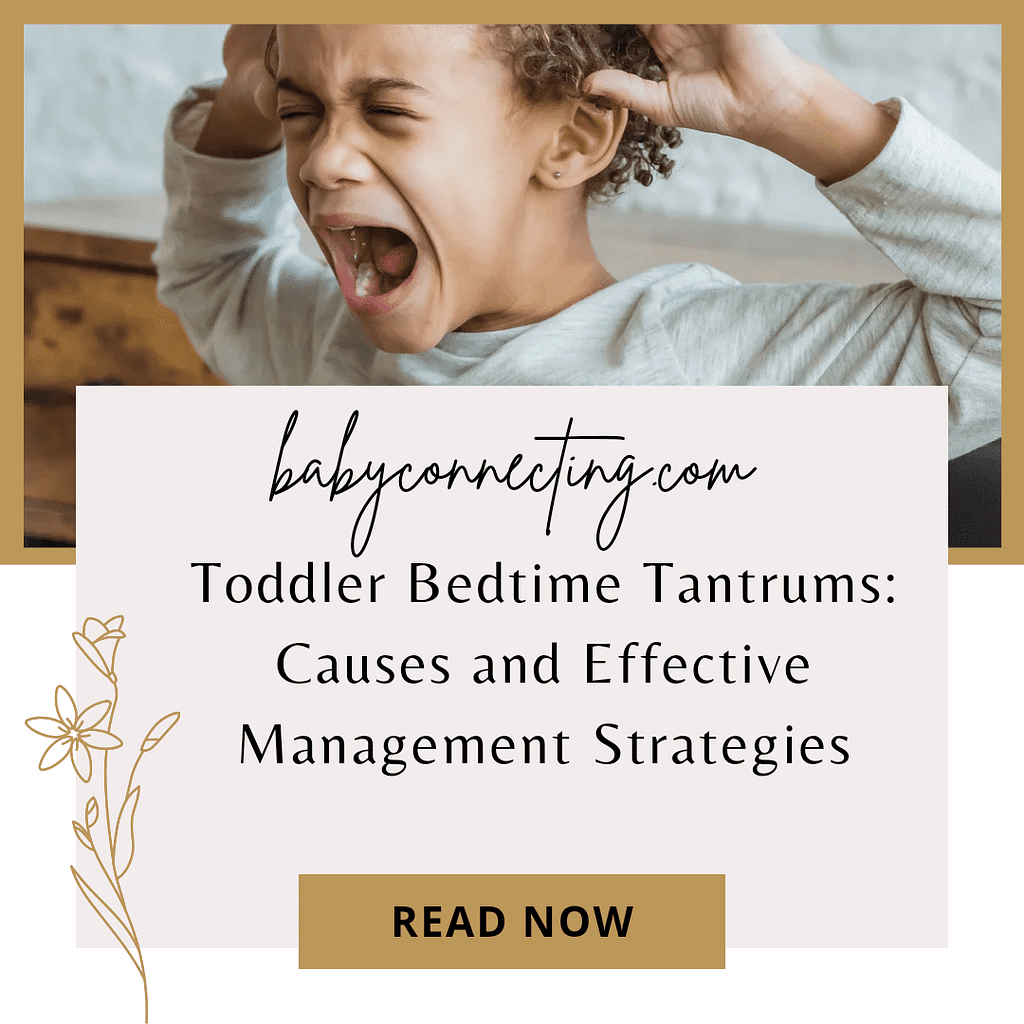“Understanding Why Toddlers Hit Themselves and Effective Ways to Stop It”
Introduction:
It’s not uncommon for toddlers to display behaviors that can be puzzling or concerning to parents, such as hitting themselves. Understanding why toddlers engage in this behavior and learning effective ways to stop it can help parents navigate this challenging phase with patience and compassion. In this article, we’ll delve into the possible reasons why toddlers hit themselves and explore research-backed strategies to address and prevent this behavior.
Why Do Toddlers Hit Themselves?
Toddlers may hit themselves for various reasons, and it’s essential to consider the underlying causes before determining the most appropriate response. Some common reasons why toddlers hit themselves include:
1. Communication and Expression:
Toddlers may lack the verbal skills to express their feelings and frustrations adequately. Hitting themselves can be a way for them to communicate their emotions, such as anger, sadness, or frustration.
2. Sensory Processing Issues:
Some toddlers may have sensory processing difficulties, leading them to seek sensory stimulation through self-harming behaviors like hitting themselves. This can be a way for them to regulate their sensory experiences and feel more in control of their environment.
3. Attention-Seeking Behavior:
Toddlers may hit themselves as a way to attract attention from caregivers or seek comfort and reassurance. They may have learned that self-harming behaviors elicit a strong reaction from adults, even if it’s negative attention.
4. Emotional Regulation:
Toddlers are still learning how to regulate their emotions, and hitting themselves may be a coping mechanism they use when they feel overwhelmed or distressed. It can provide temporary relief from intense emotions.
5. Imitation:
Toddlers are keen observers and may mimic behaviors they see in their environment, including hitting themselves if they witness others engaging in similar actions.
How to Stop Toddlers from Hitting Themselves:
Addressing self-harming behavior in toddlers requires a combination of understanding, patience, and proactive strategies. Here are some research-backed approaches to help stop toddlers from hitting themselves:
1. Stay Calm and Offer Comfort:
When you notice your toddler hitting themselves, stay calm and approach them with empathy and understanding. Offer comfort and reassurance, using soothing words and gestures to help them feel safe and supported.
2. Identify Triggers and Patterns:
Pay attention to the circumstances or triggers that seem to precede your toddler’s self-harming behavior. This can provide valuable insights into their underlying needs and emotions, allowing you to intervene more effectively.
3. Teach Alternative Coping Skills:
Help your toddler develop alternative ways to cope with their emotions and frustrations. Encourage them to use words to express their feelings, provide them with sensory tools or activities to regulate their emotions, and model healthy coping strategies yourself.
4. Set Clear Boundaries:
Establish clear and consistent boundaries regarding acceptable behavior. Let your toddler know that hitting themselves is not okay, but reassure them that you’re there to help them navigate their emotions in a more constructive way.
5. Provide Positive Reinforcement:
Praise and reinforce positive behaviors when you see your toddler using alternative coping strategies or expressing themselves verbally instead of hitting themselves. Positive reinforcement can help encourage desired behaviors and build their confidence.
6. Seek Professional Support if Needed:
If your toddler’s self-harming behavior persists or seems to be escalating, consider seeking guidance from a pediatrician, child psychologist, or behavioral therapist. They can provide specialized support and interventions tailored to your child’s needs.
Research References:
1. Sajaniemi, N., Hakala, M., & Astedt-Kurki, P. (2004). Effects of Sensory Stimulation on Behavioral State in Extremely Low Birth Weight Infants During the First Weeks of Life. Journal of Obstetric, Gynecologic & Neonatal Nursing, 33(5), 577-586.
2. Gray, C. A., & Garwood, D. M. (2013). Self-Harm in Children and Adolescents: A Guide for Teachers and Other Professionals. Jessica Kingsley Publishers.
3. Baranek, G. T., & Berkson, G. (1994). Tactile Defensiveness in Children with Developmental Disabilities: Responsiveness and Habituation. Journal of Autism and Developmental Disorders, 24(4), 457-471.
Conclusion:
Toddlers may hit themselves for various reasons, including communication difficulties, sensory processing issues, and emotional regulation challenges. By understanding the underlying reasons behind this behavior and implementing research-backed strategies, parents can effectively address and prevent self-harming behaviors in toddlers. With patience, empathy, and proactive intervention, caregivers can support their toddlers in developing healthier coping mechanisms and navigating their emotions in a constructive manner.


